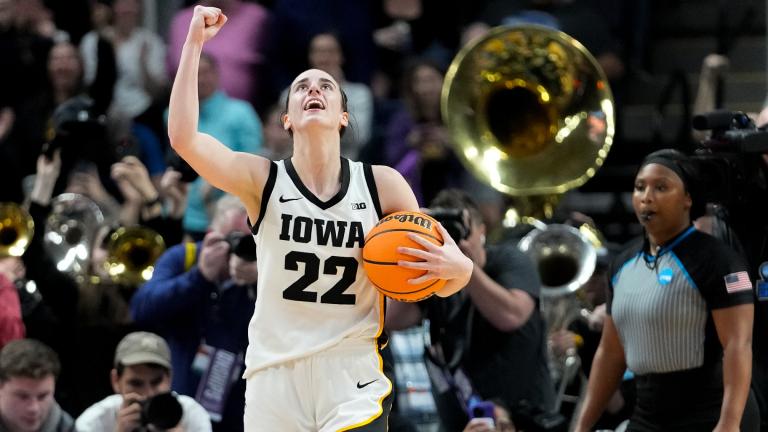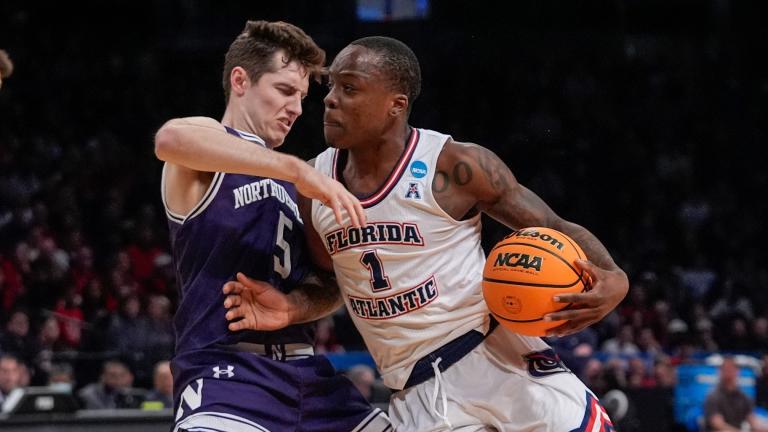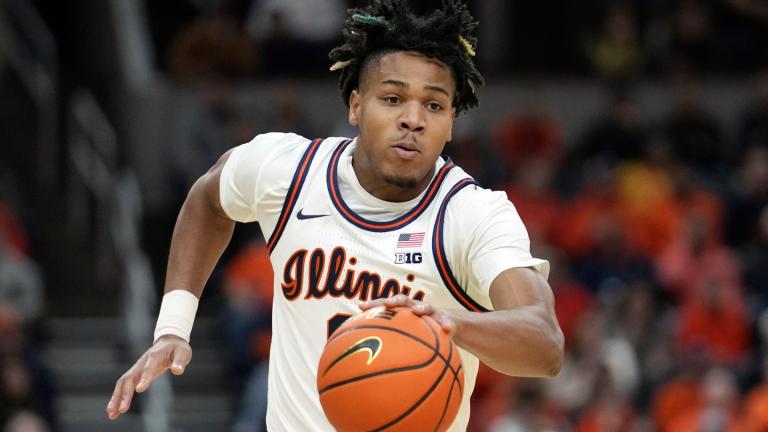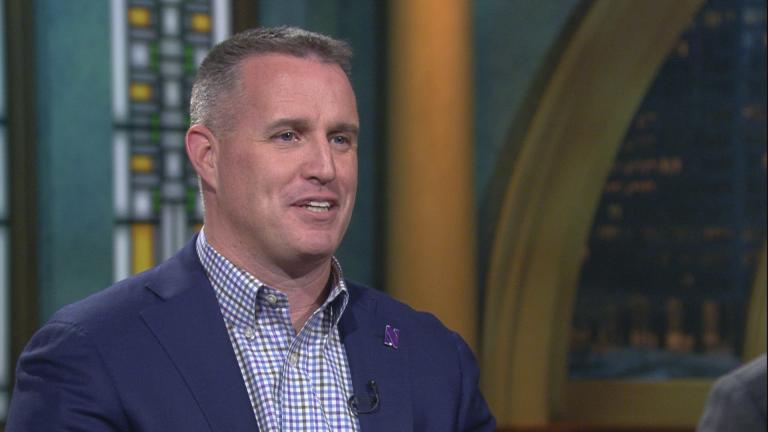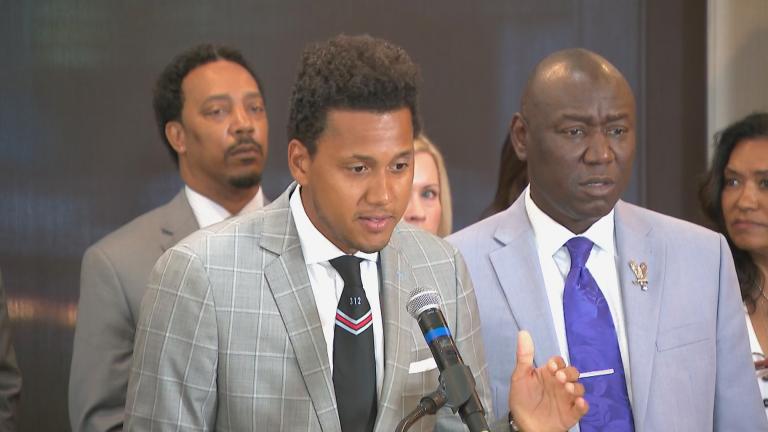The Cinderella story of the Loyola men’s basketball team rallying to their first Final Four appearance in 55 years has sent the city into a college basketball-induced frenzy.
But whenever college sports are in the news, one question tends to resurface: should college athletes be paid, like their professional counterparts?
The National Collegiate Athletic Association, which governs college sports, generated more than $1 billion in revenue last year. The majority of that money is made from television and marketing rights for Division I men’s basketball and more than $500 million went to Division I member schools in fiscal year 2017. Collectively, the athletic programs of those Division I schools generate billions on their own.
Still, college athletes don’t see a dime in the form of wages.
What some of them do receive, especially those performing at high levels, are full scholarships that include free housing, meals and medical care.
A free education certainly sounds nice to today’s student loan borrowers, who leave college with an average debt of more than $37,000.
But the disparity between head-spinning, multi-million dollar salaries of top-earning college coaches and the unpaid status of their top-performing athletes remains troubling to some.
Joining us to offer his perspective on this debate is Allen Sanderson, a senior lecturer of economics at University of Chicago who supports paying college athletes.
Related stories:
Loyola’s Stunning Run Takes Team to Final Four
Triumphant Loyola Prepares for Sweet 16 Matchup
Loyola Ramblers’ 1963 NCAA Win Also a Story of Racial Justice

